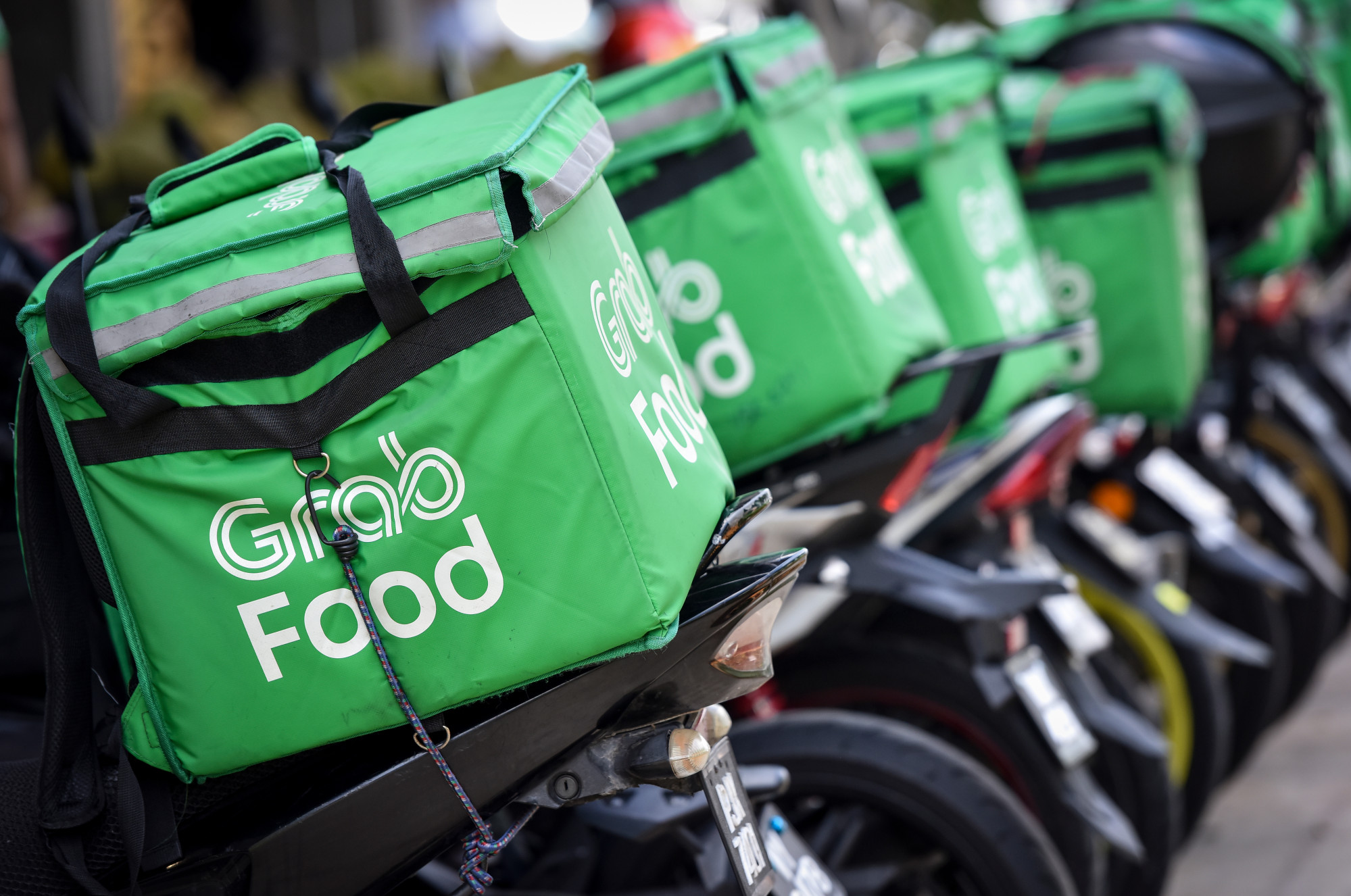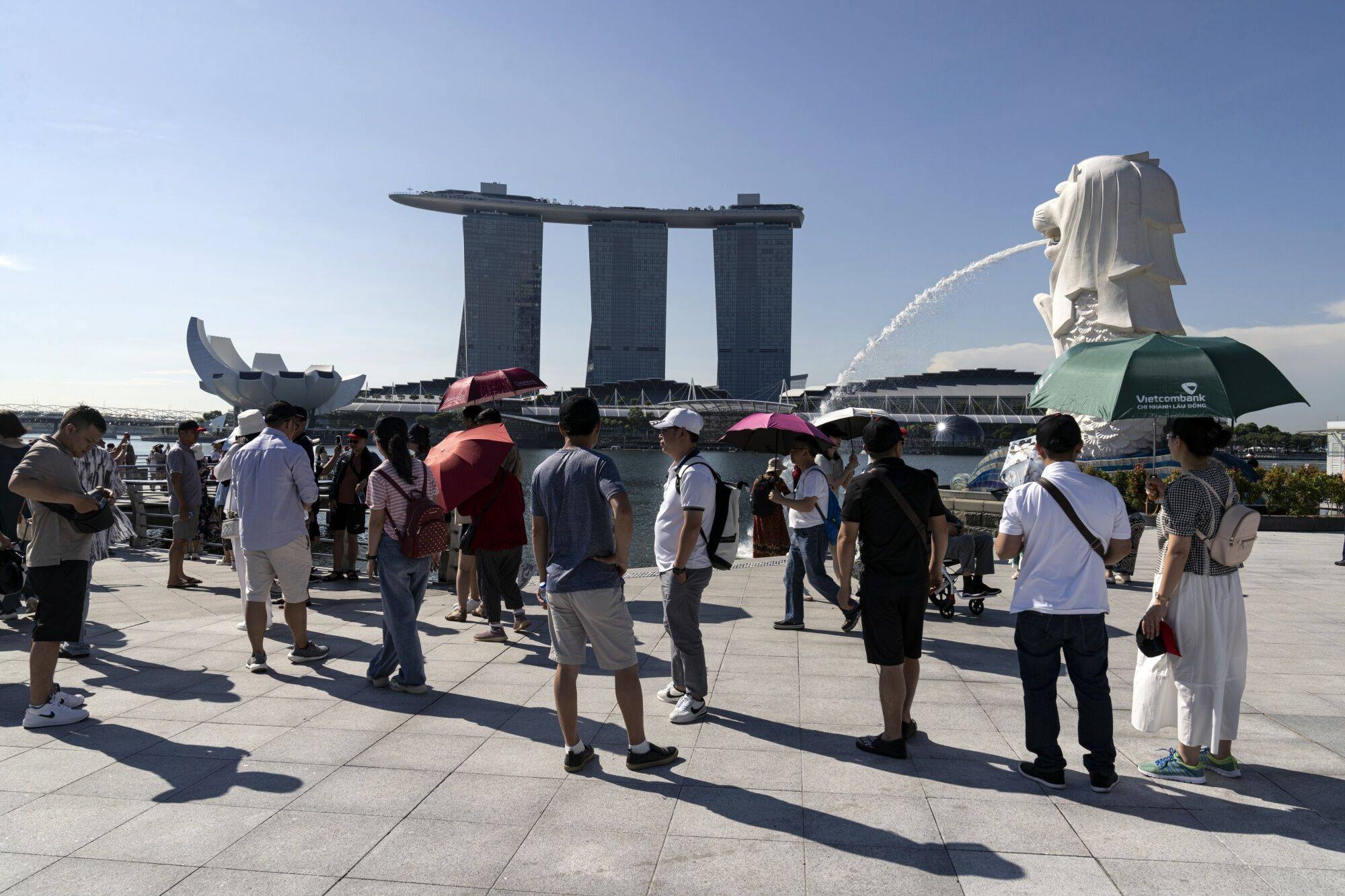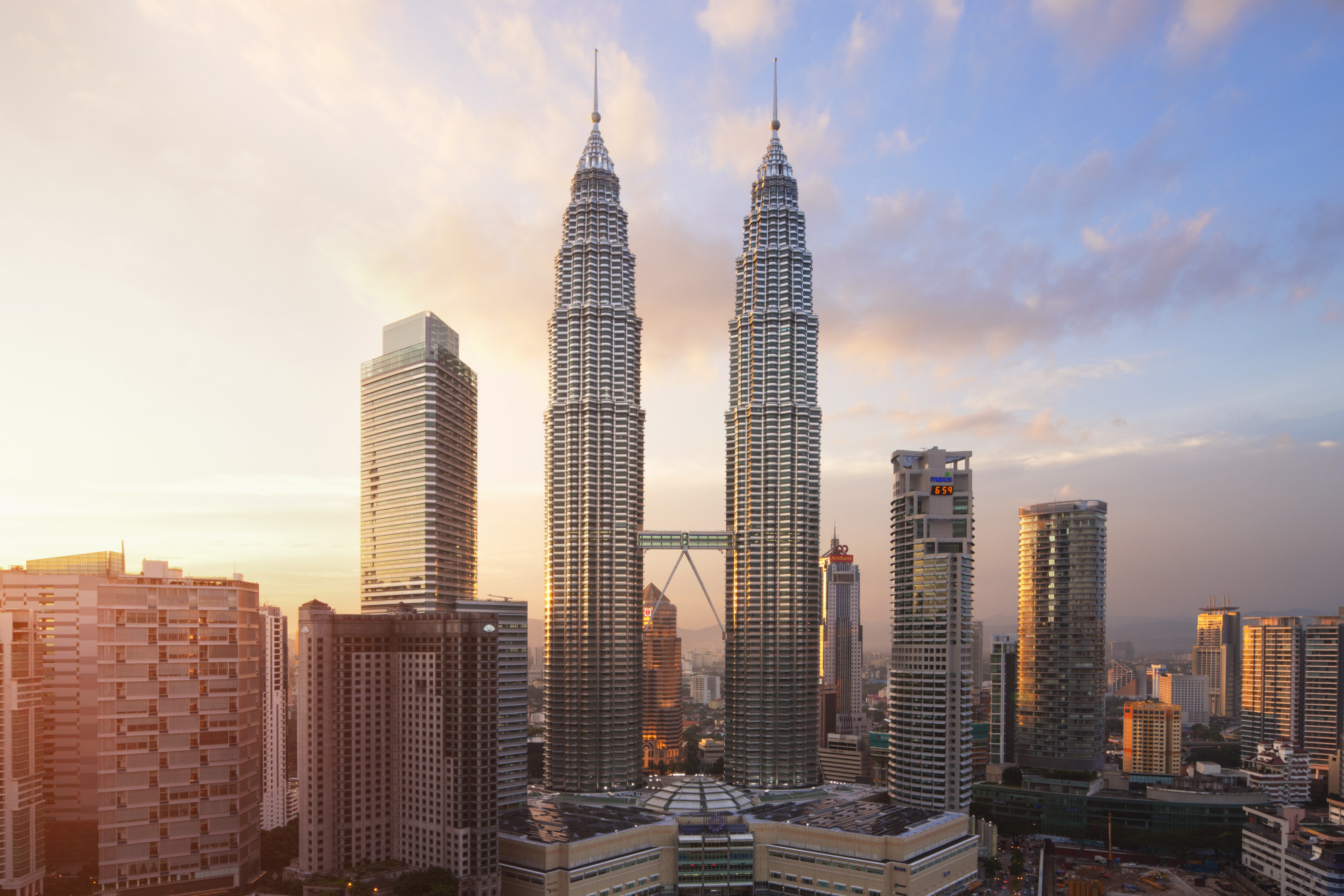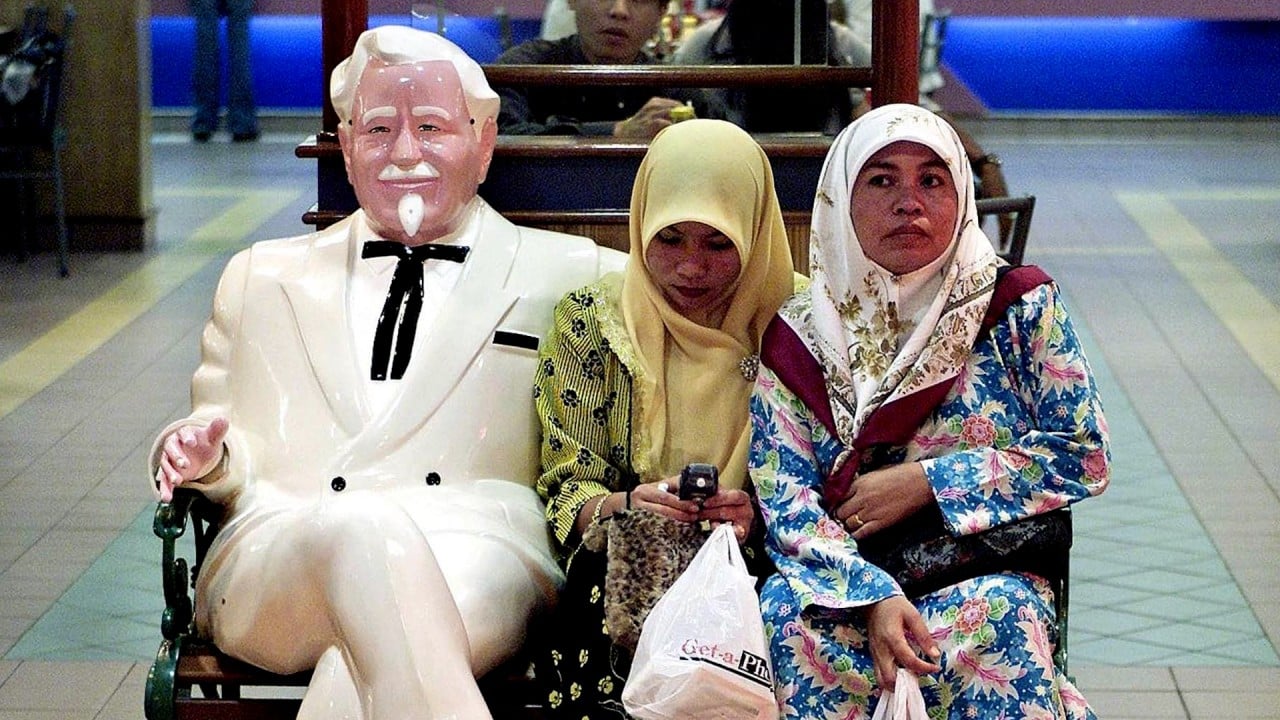Lim said her team would try their luck in Singapore to fund their latest project called Emobuddy, an app-based programme to boost the mental health of children.
Singapore remains one of the region’s top destinations for start-ups and venture capitalists seeking to discover the next unicorn or a start-up valued at over US$1 billion.

The city state has hosted 18 unicorns over the past decade, with a mature start-up ecosystem valued at US$128 billion. It was ranked 8th globally in a 2023 report by Startup Genome, a research firm that analyses start-up ecosystems. Malaysia has produced one unicorn so far, after online car trading platform Carsome’s valuation hit US$1.3 billion in 2021.
Start-up Genome ranked Kuala Lumpur 20th among emerging ecosystems with robust early-stage funding activities.
But Malaysia’s capital city still trails behind Jakarta, which has produced seven unicorns in the past 10 years and faces a stiff challenge from Manila, where firms have similar access like Kuala Lumpur to a young and educated workforce and strong government backing.
In April, Malaysia unveiled a grand plan to break into the world’s top-20 start-up hubs by 2030 by developing an ecosystem to nurture talent and start-ups from Malaysia and elsewhere in Southeast Asia with ready access to venture capitalists.
Kuala Lumpur currently ranks outside the top 100 ecosystems globally, behind Ho Chi Minh City, Bangkok and Manila, all of which have made the list.
The government promises unicorn start-ups everything from visa-fee exemptions for their team to tax breaks and tailor-made benefits that match their industries. Venture capitalists with over US$100 million in assets under management will get fast track licensing approval, visa exemptions for top leaders and funding access to Malaysian institutional investors.
But local founders told This Week in Asia that they were hard-pressed to maintain their operations in Malaysia due to a mismatch between the agendas of government-linked seed funds and the needs of their start-ups.

For tech entrepreneur Joyce Kau, she could not wait for Malaysia to get its act together and decided to venture to Singapore after failing to secure sufficient funding at home.
“Malaysia is really behind in terms of Web3 development and cryptocurrency adoption … the people we talk to are all above 45 [years of age], and they can’t fathom what a metaverse can offer,” Kau told This Week in Asia.
Kau launched her D-World tourism metaverse two years ago, taking inspiration from the scuttling of her holiday plans during the pandemic. Her platform offers virtual tourism experiences and a one-stop holiday planning and shopping portal for Southeast Asia.
She and her team of young developers building their metaverse – similar to the immersive experience offered by games platform Roblox – are confident they can scale the business into the next unicorn in the region over the next five years if they can get the necessary support.
“Malaysian VCs are not willing to take the risk in investing, and innovation funds here are more for expansion. I was advised by friends in the start-up space to go to Singapore,” she said, adding that D-World was targeting a launch in the city state soon.
Her sentiment was echoed by Youthopia’s Lim, whose start-up had struggled to get a buy-in from Malaysian funds for its latest venture.
“The difficulty in securing funding is a systemic issue … Malaysia’s government does not make us feel like we are supported,” Lim said.
But change needs to start somewhere.
Ten new venture capitalists have entered the Malaysian market recently, potentially providing access to millions of dollars in funding for start-ups that are either incorporated in the country or located elsewhere, the government said in April when launching its new start-up policy.
Malaysia’s enthusiasm in tapping the start-up space to spur growth was a major draw for Openspace to expand there, said Hian Goh, co-founder and general partner at the Singapore-based venture capitalist.
“We’ve seen a significant amount of enthusiasm for the country with the new administration. We think the fundamentals of Malaysia, which have always been there … presents an interesting catalysing moment,” Goh said.
“As a firm, we like to make early bets. That’s the only way we can survive as VCs.”
Goh, who cut his teeth building the popular Asian Food Network, conceded that start-ups in Malaysia had been underserved in funding access as “no one has been paying attention to Malaysia”.

“There are many Malaysians who used to work at MNCs [multinational companies], who now feel that if the government is behind them, they will actually push hard to build independent tech companies, just like how you see in America or China or even Singapore,” Goh said.
“[Malaysia’s government] is looking at it, they are learning, and I think they have significant leverage.”
That optimism was a key reason behind the plan by Hong Kong-based OwnPiece – a start-up focused on helping users manage their collectibles – to set up its regional operations in Malaysia.
The government’s new supportive policies add to Malaysia’s appeal as a hub for Southeast Asia, where demand for safe and reliable trading and storage of collectibles is expected to grow along with higher incomes, according to John Chong, OwnPiece’s Malaysia representative.
If the government were to stay the course, big hitters like Grab may be lured back to Malaysia, Chong said.
“I’m optimistic that they will consider moving back to Malaysia one day. It is possible given the direction Malaysia is heading towards,” he said.


